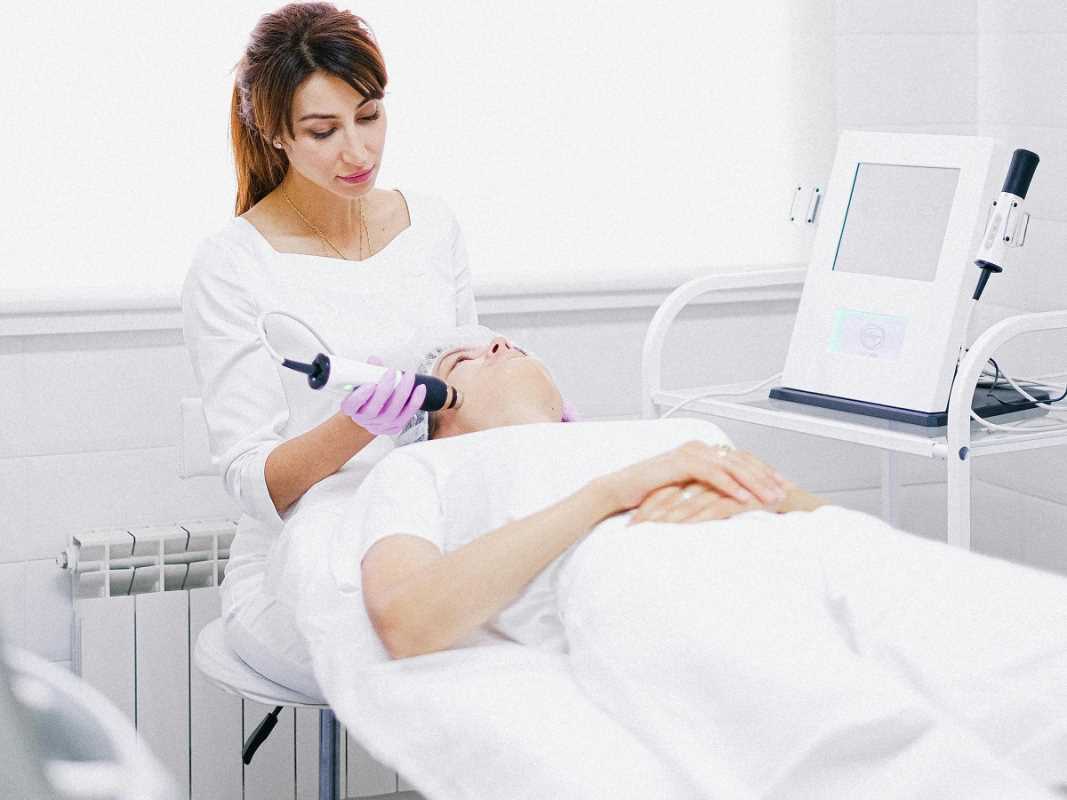Navigating health information online can feel like walking through a minefield. With endless articles, social media posts, and "expert" advice at our fingertips, it is increasingly difficult to separate reliable facts from dangerous fiction. Your health is your most important asset, and making decisions based on inaccurate information can have serious consequences.
Learning to be a critical consumer of health news is a vital skill. It empowers you to take control of your well-being with confidence. This guide provides practical, straightforward tips to help you identify unreliable sources and find health information you can trust. Let's explore the red flags to watch for and the steps you can take to verify what you read.
The Problem with Sensational Headlines
Headlines designed to provoke a strong emotional reaction are often a major red flag. Phrases like "Miracle Cure," "Secret Revealed," or "What Doctors Don't Want You to Know" are created to grab your attention, not to present balanced information.
Reliable health journalism focuses on facts and presents findings in a measured, objective tone. Sensational language is a marketing tactic, not a sign of credible science. If a headline sounds too good or too shocking to be true, it probably is.
What to do: Look past the headline and examine the actual content. A trustworthy source will support its claims with solid evidence and avoid making unbelievable promises.
Check the Source and Credentials
Who is providing the information? This is one of the most important questions you can ask. Anyone can create a website or a social media profile and claim to be a health expert. It is your responsibility to verify their qualifications.
- Look for Authors and Contributors: A credible article will clearly state who wrote it. Look for an author bio that details their credentials, such as their medical degree (M.D.), professional license (R.N., R.D.), or area of expertise.
- Investigate the Website: Explore the "About Us" page of the website. Reputable health organizations, government agencies (like the CDC or NIH), universities, and major hospitals are generally reliable sources. Be wary of sites that are funded by a single company selling a specific product.
- Verify Social Media Experts: On platforms like YouTube or Facebook, check the person's credentials beyond their profile. Do they have a professional website? Are they affiliated with a known medical institution? A large following does not equal expertise.
Look for Supporting Evidence
Legitimate health claims are backed by scientific evidence. Vague statements or personal anecdotes are not a substitute for rigorous research. A trustworthy article will cite its sources, giving you a path to check the information for yourself.
Why You Shouldn't Ignore This:
Claims without evidence are just opinions. When looking for proof, keep an eye out for references to peer-reviewed studies. This means the research was evaluated by other experts in the field before it was published, ensuring a high standard of quality. Personal stories can be inspiring, but they are not scientific proof that a treatment works for everyone.
When to be Skeptical: Be wary of claims based on a single study, as scientific consensus is built over time through multiple research projects. Also, question sources that cite "ancient wisdom" or "secret formulas" without any modern scientific validation.
Beware of "Miracle Cures"
The promise of a quick and easy solution to a complex health problem is a classic sign of misinformation. Conditions like diabetes, heart disease, and cancer require careful, evidence-based management, not a "miracle" supplement or a single "superfood."
These claims prey on hope and desperation, often encouraging people to abandon proven medical treatments for unproven alternatives. This can be incredibly dangerous.
What to do: Always approach promises of a quick fix with extreme skepticism. True medical progress happens through careful research and is rarely a single, sudden breakthrough. Discuss any new treatment you are considering with your doctor before trying it.
Is It Selling Something?
Consider the motive behind the information. Is the article educating you, or is it trying to sell you a product? Content that is heavily focused on promoting a specific supplement, device, or program should be viewed with caution.
While many reputable health sites have advertising, there is a difference between ads and content that is essentially a disguised sales pitch. If the information seems biased toward a particular product, it likely is.
How to spot it:
- The content directs you to buy a specific brand.
- Dramatic testimonials are used in place of scientific facts.
- The "cure" is only available from one supplier.
A reliable source will provide balanced information about a range of treatment options, not just one.
Check the Date
Medical and scientific knowledge is constantly evolving. Information that was considered accurate five or ten years ago may now be outdated. A credible health article should be clearly dated.
When researching a health condition, try to find the most current information available. An old article may not reflect the latest research or the current standard of care. This is especially important for topics related to treatment recommendations and medical guidelines.
When to See a Doctor: Your healthcare provider is your best resource for personalized, up-to-date health information. They can help you make sense of what you read online and apply it to your specific situation. Always consult your doctor before making any significant changes to your health routine based on something you found on the internet.
Your health journey is personal, and being an informed participant is the best way to ensure you are making sound choices. By using these tips, you can build the confidence to navigate the vast world of online health information, filter out the noise, and find the reliable, trustworthy guidance you need to live a healthier life.
 (Image via
(Image via





